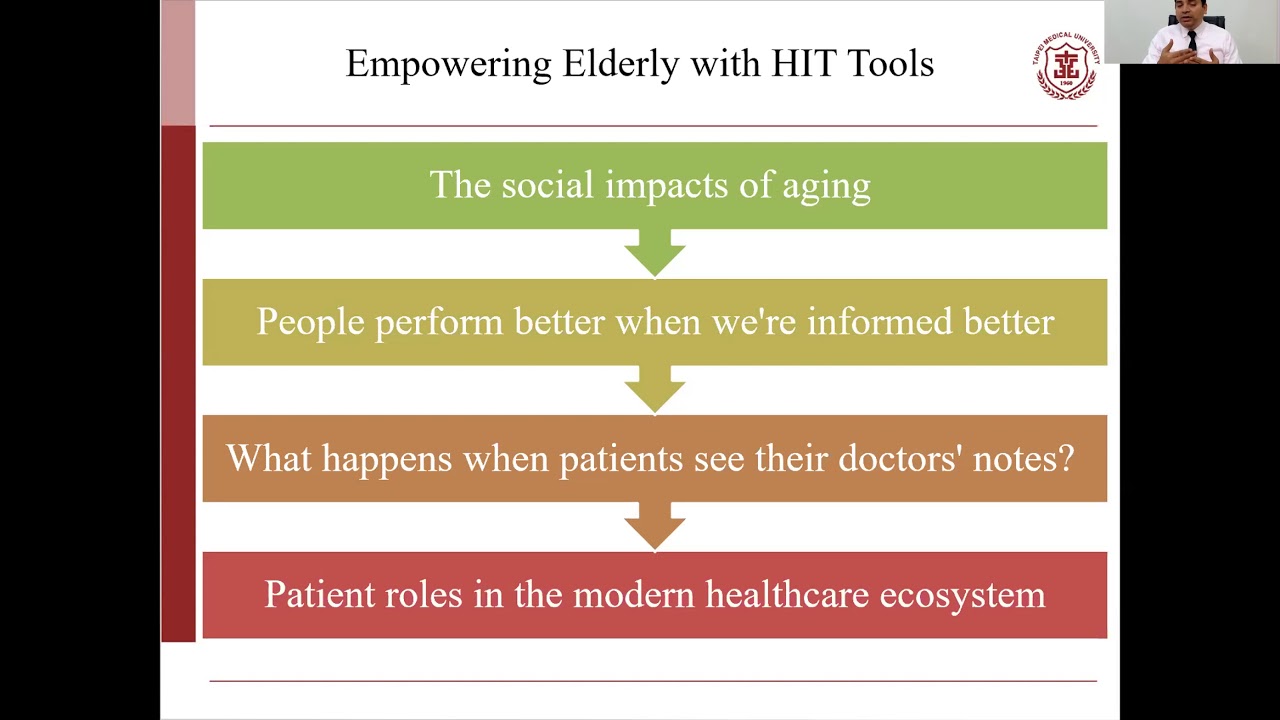Authors: Shabbir Syed-Abdul, Shwetambara Malwade
Institution: Taipei Medical University
Country: Taiwan
Topic: Innovation through MOOCs practices
Sector: Lifelong Learning
UNESCO Area of Focus: Inclusive OER
Session Format: Presentation
Abstract
In this era of emerging infectious diseases, internet plays a prime role for seeking health information. Moreover, to help prevent the rapid spread of such infections, social distancing is one of the essential practices. Self-empowerment and self-engagement techniques through e-learning platforms can prove to be beneficial. One such platform is Massive Open Online Courses (MOOCs), which encourages ubiquitous learning environment. These platforms engage widespread learners and not only promote online education but also benefit social learning through learner interactions.Our learning objectives comprise of how MOOCs can be utilized for healthcare awareness and exploring methods for self-empowerment and engagement through social learning. We present the lessons learned and the experience arising from four MOOCs, for different age groups and covering a range of topics in health care literacy. These courses include: (1) Social media in healthcare: Opportunities and challenges; (2) Internet of things for active ageing; (3) Digital health for cancer management: Smart health technologies in complex disease; (4) Artificial Intelligence for Healthcare: Opportunities and Challenges.
These courses involve enlightening common public on digital methods to improve health literacy. Moreover, they also involve discussions on the challenges in the use of health technology and measures to resolve them, to ensure potential utilization of available resources. The courses play a role in evaluating and analyzing health information, and distinguishing between the right and wrong one. In addition, promotion of a healthy lifestyle, preventing the impact of misleading information, strengthening patient empowerment and encouraging their participation to eventually improve health outcomes is also achievable through these courses.
The MOOCs, not only promote information for young and middle age groups, but also technologies for ageing population. With an aim on shifting from “curative care” to “preventive care”, healthcare is focused on prediction and early detection of diseases and complications. Patient engagement and interactions also played an important role in information sharing. Encouraging participatory health care and prevention, through remote learning and intercommunication, especially while in containment during epidemic outbreaks, is one of the chief achievable goals through MOOCs education.
Keywords
social learning, social distancing, patient engagement, participatory health
